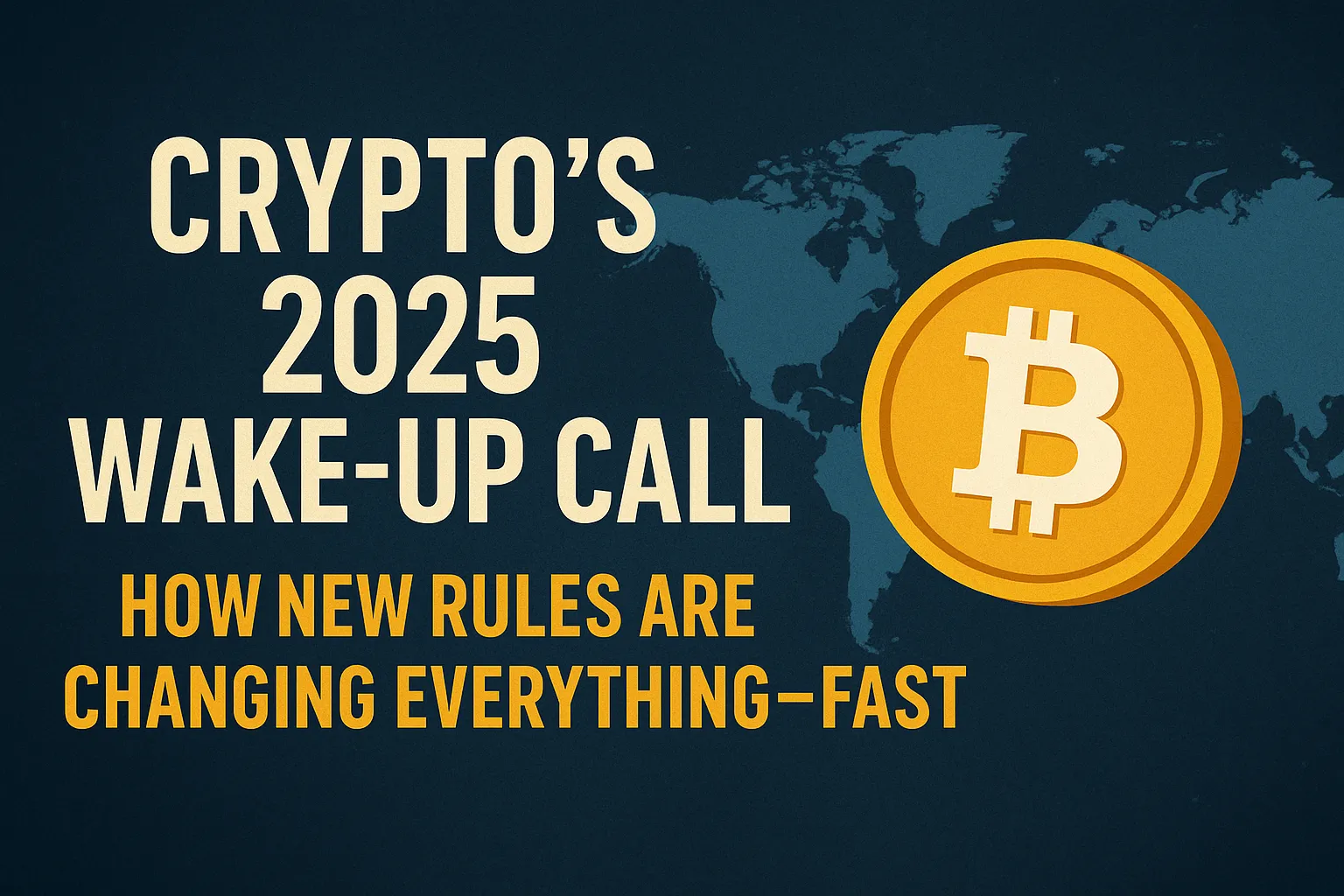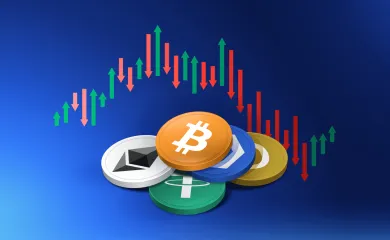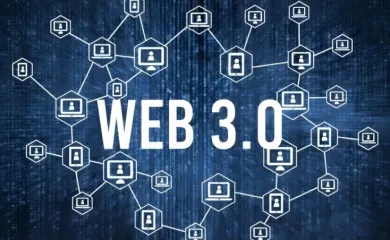Crypto’s 2025 Wake-Up Call: How New Rules Are Changing Everything — Fast

How global regulations are reshaping crypto in 2025 is the one thing every investor, trader, and even your cousin who bought Dogecoin once… is talking about. But let’s be honest. Most of us don’t read the fine print.
We just want to know one thing:
"Is crypto still worth it, or is the government about to ruin everything?"
Here’s the real talk nobody else is giving you:
The crypto world isn’t dying. It’s growing up. And just like puberty, it’s awkward, messy, and full of weird rules that make zero sense—at least at first. But stick with me. By the time you finish this article, you’ll know what’s really happening behind the headlines. You’ll know where it’s safe to put your money. Where you should stay the hell away. And how you can actually use this chaos to your advantage.
Let’s get into it.
What’s Going On With Crypto Laws in 2025?
Ever try buying crypto in New York? Feels like trying to order a burger in a vegan café—technically possible, but weirdly hard. That’s because in 2025, regulations are everywhere, but they don’t all make sense yet.
Some countries are cracking down.
Others are throwing open the doors.
The U.S.? It’s somewhere in the middle—still arguing.
But here’s what’s clear:
Governments want control.
Exchanges are under pressure.
KYC (Know Your Customer) rules are getting strict.
Privacy coins? On the chopping block.
And yeah — your “anonymous wallet”? Probably not as anonymous anymore.
What Sparked All This Change?
Two words: Big Money.
The moment traditional finance (aka Wall Street types) started taking crypto seriously, governments followed.
Think BlackRock ETFs.
Think Bitcoin hitting $100K.
Think scams blowing up in headlines.
They couldn’t ignore it anymore. And let’s be real—a lot of people got burned. So now, governments are stepping in, trying to “protect” consumers.
But what that really means is:
More surveillance
More reporting
Less freedom for the little guy
Unless you know how to move smart.
Real-World Impact: What This Means for You
Let’s say you’re just trying to stake some ETH. Or you’re trading on a DEX like Uniswap.
Here’s what’s changed:
1. Centralized Exchanges Got a Makeover
They’re more like banks now.
You need full ID verification
You get tax forms every year
They freeze accounts if they “suspect” something shady
Coinbase, Binance.US, Kraken—they’re playing by SEC rules now.
Good for safety.
Bad for freedom.
2. Taxes Are No Joke Anymore
Ever sold crypto and thought, “Meh, I’ll deal with it later”? Yeah… don’t. The IRS now has systems tied directly into major exchanges. No more “forgetting” to report gains. If you made even $5 flipping Shiba Inu… they know.
3. DeFi Is in the Hot Seat
DeFi was supposed to be the Wild West. Now it’s more like regulated chaos.
Projects have to register.
Some DEXs are blocking U.S. IPs.
And don’t even try using a VPN—some platforms detect it and ban you.
Privacy coins like Monero? They're vanishing from major platforms faster than you can say "zero-knowledge proof."
🤯 Wait… So Is Crypto Dead?
Nope.
It’s just different now. Think of it like skateboarding. At first, it was wild and underground. Now it’s in the Olympics. Still cool. Just not illegal anymore.
You can still:
Trade
Stake
Yield farm
Build
Invest
You just have to do it with your eyes open.
Here’s What I’m Doing (And What You Might Want to Do Too)
Alright, story time.
Last year, I got flagged on a big U.S. exchange for “suspicious activity.” Translation? I moved $9K of crypto into a DeFi wallet on a Sunday. They froze my account for 48 hours. It wasn’t a fun weekend.
Since then, here’s how I play it:
I split my crypto across platforms (CeFi + cold storage)
I track all trades with a free portfolio tool
I read the local rules before I travel
And yes… I report my taxes (like a grown-up)
You don’t need to be paranoid. You just need to stop pretending it’s still 2021.
Simple Tips for Staying Ahead in 2025
Let’s keep it easy:
Use exchanges that are compliant but still flexible
Don’t keep everything online—cold wallets are your friend
Read country-specific crypto rules (especially if you move a lot)
Keep records of every trade. Seriously.
Watch for new coins getting banned or delisted
Is AI Making Crypto Safer or Scarier?
Quick side note: AI’s playing a big role in this shift. Governments are using it to track fraud. Exchanges use it for compliance.
And hackers? Yeah, they’re using it too.
So the arms race is on.
Your job? Stay human.
Use tools. But don’t trust them blindly.
FAQs: Crypto Regulations 2025
Q1: Can I still use DeFi anonymously in 2025?
Not really. Most platforms require some form of verification now. Even wallets are flagged if connected to blacklisted addresses.
Q2: Will crypto be illegal in the U.S.?
No, but it’s heavily regulated. Think of it more like stocks now—legal, taxable, and monitored.
Q3: Are stablecoins still safe to hold?
Depends on the issuer. USDC is holding strong. Others, not so much. Look for audited, transparent projects.
Final Thoughts: So What’s Next?
How global regulations are reshaping crypto in 2025 isn’t a doomsday headline.
It’s a heads-up. It’s your reminder to stop guessing, stop gambling, and start acting like this stuff matters—because it does. The big wins now go to people who treat crypto like a real financial system.
Not magic internet money.
Not a pump-and-dump casino.
Something real. Something worth building with.



